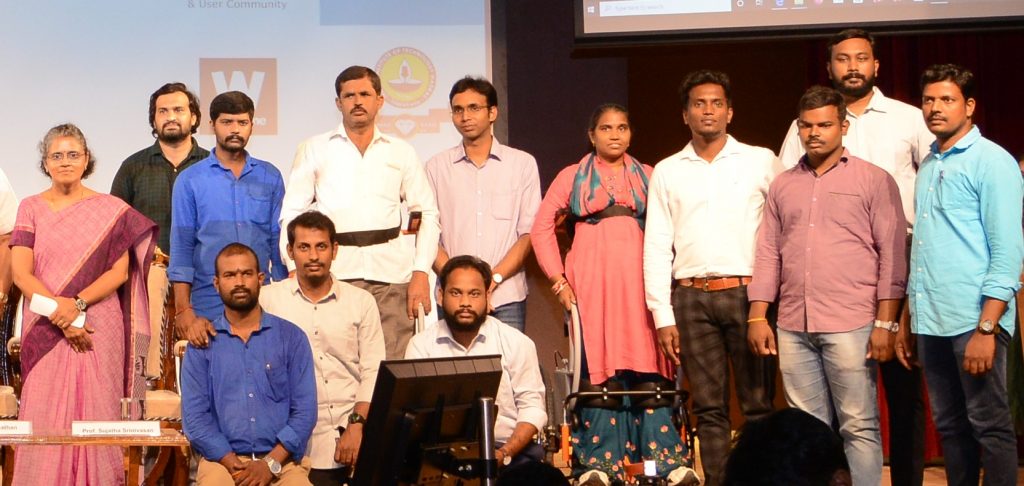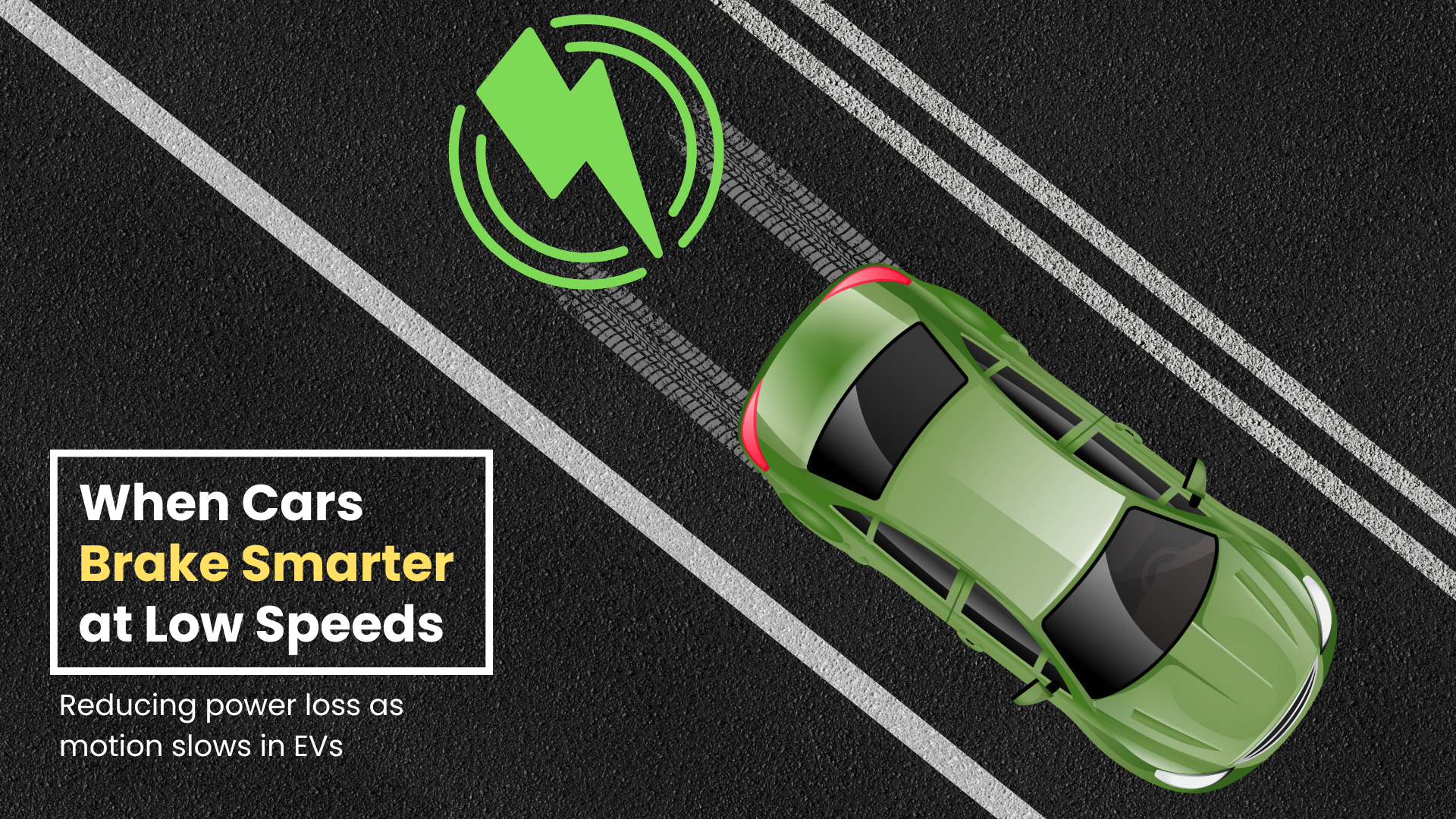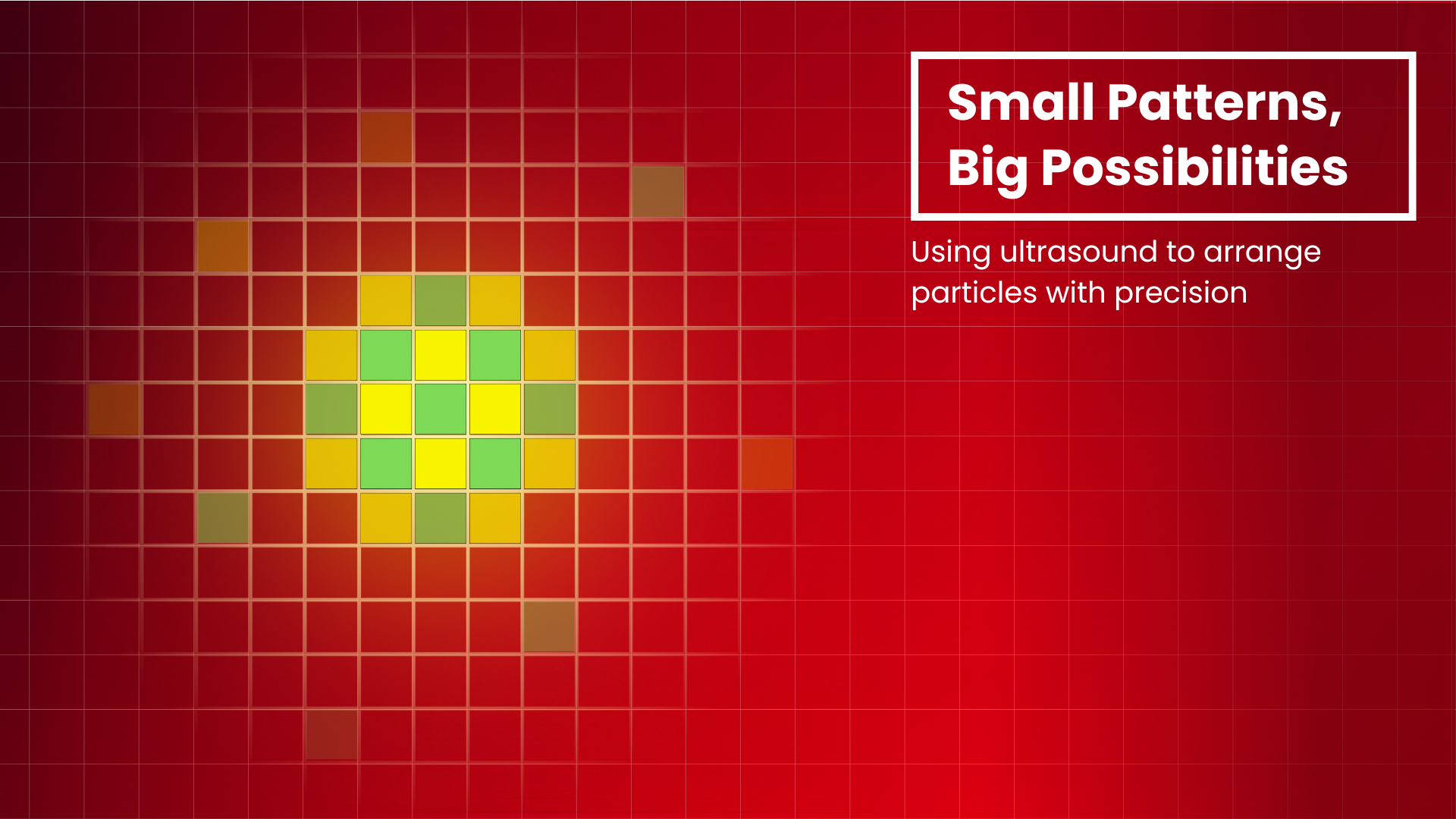
The ability to move freely is indeed one of the simple pleasures of life which we seldom realize. However, this pleasure could be far-fetched for some. There are millions across the globe who suffer from conditions such as spinal cord injury, multiple sclerosis, severe fractures, osteoarthritis etc. resulting in movement impairment which restrict the ability to move their lower limbs and the desire to live an independent life. Adding to their misery are few secondary medical complications that crop in due to their inability to stand.
There are many assistive devices available in the market. However, they only solve the mobility challenges faced by the users, and not the functional aspects such as standing. Few devices that support standing are unaffordable for most of the disabled population residing in low-income countries.
A wheelchair that helps individuals with disability stand, not only increases functional independence but also brings therapeutic benefits. According to Rehabilitation Engineering and Assistive Technology Society of North America (RESNA), standing wheelchairs help in providing strength to the muscle of lower limbs, improves bone health, blood circulation, urinary and respiratory functions. India particularly imports such standing wheelchairs which due to their high cost are affordable to a selected few.
The team at TTK Center for Rehabilitation Research and Device Development (R2D2) at IIT Madras headed by Prof. Sujatha Srinivasan clearly understood the benefits of a device that helps persons with lower limb impairment stand. The team recently launched ‘Arise’, an affordable standing wheelchair that provides standing functions and at the same time offers mobility even in rural setting with its three-wheel design.

Dr. Sujatha Srinivasan 
Dr. Javeed Shaikh Mohammed 
Mr. Vivek Sarda 
Mr. Swostik Sourav Dash
“Traditional manual wheelchairs offer only mobility, with users always in sitting position, reducing their functional height to about 4 feet. This not only reduces the functional space available but makes a wheelchair user less efficient at home, work and social spaces. The therapeutic and psychological factors are also often not considered. A standing wheelchair enables users to stand, gain more functional independence, have better social interactions and thereby, significantly elevates their quality of life,” says Prof. Sujatha Srinivasan, while explaining the need for the product.
To make sure these wheelchairs are easily available and affordable, the team decided to keep the cost element as a key consideration while designing the wheelchair. Another important consideration was to make it customizable for users of different shapes and sizes to ensure maximum comfort. R2D2 partnered with The Spinal Foundation to understand user perspectives and feedback at all phases of product development. Throughout the design journey of Arise, rehabilitation professionals such as physical, occupational therapists and physiatrists were involved to avoid blind spots.
Over time, the team developed five versions of the product, constantly refining and fine-tuning features such as standing, customizability, outdoor mobility, ease of use and aesthetics. As a result, the final version is a robust, simple, easy to operate and customizable standing wheelchair. At an ex-factory price of Rs. 15,000, Arise is affordable to a large section of our society. Arise’ customizations help cater to wide range of users and it can take up to 110kg. The gas spring provides for easy sit-stand-sit function.

“The standing wheelchair is a wonderful example of impactful innovation – it brought together a diverse array of partners, driven through user-centric design combined with intricate engineering and manufacturing expertise to ensure a design was a joy to use and easy to manufacture. This was only possible through the vision of the R2D2 laboratory, and the model used which brings together: engineering, users, finance, and manufacturing to ensure products are socially useful, economically viable and manufacturable locally at scale at a price that is affordable to all. It is a globally leading example of what is possible,” comments Prof. Catherine Holloway, Professor of Interaction Design and Innovation at University College London and the Academic Director and co-founder of the Global Disability Innovation Hub (GDI Hub).
Arise was developed by the team using the grant received under the “Affordable Healthcare in India” program of Wellcome (a UK foundation). Arise is available commercially through Phoenix Medical Systems who mass manufactures the wheelchair in India.
Besides Prof. Sujatha Srinivasan, Javeed Shaikh-Mohammed, Swostik Sourav Dash and Vivek Sarda were involved in the design and development of Arise. The design journey of Arise has been well documented in the journal ‘Disability and Rehabilitation: Assistive Technology’.
Article by Aditi Jain
Here is the original link to the paper:
https://www.tandfonline.com/doi/full/10.1080/17483107.2021.1892839










